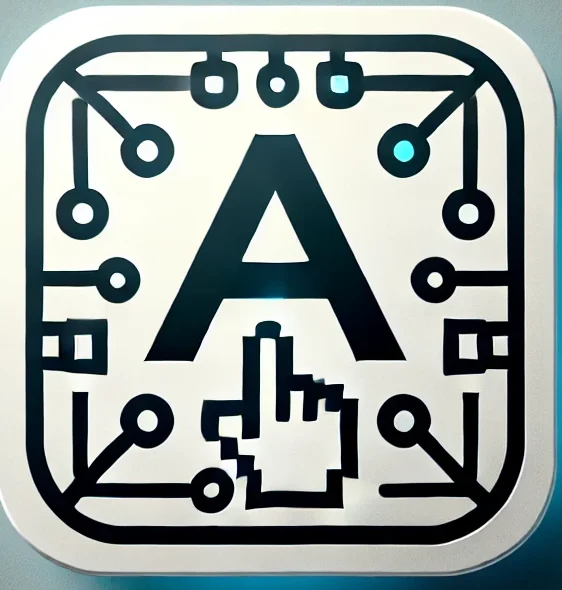The world of digital marketing is fast-paced, and navigating it as a beginner can be both thrilling and challenging. In my second blog of this series, I’m sharing more interview experiences that reflect my journey and growth in this field. Through these questions and answers, I aim to provide insight into what it takes to break into digital marketing and how to prepare for some common interview challenges.

1. Let’s start with your introduction. Ananya, please go ahead and introduce yourself.
My Answer:
To begin with, I am an aspiring digital marketer. I was brought up in Kanpur and am currently pursuing a course in digital marketing from upGrad. I’ve worked on projects like Meta Ads and Google Ads, and I’m looking forward to new opportunities in the digital marketing field.
Ideal Answer:
I’m Ananya Jalan, an enthusiastic and goal-oriented digital marketing professional currently honing my skills through a comprehensive digital marketing course with upGrad. My background includes hands-on experience with tools like Meta Ads and Google Ads, where I’ve successfully managed campaigns that sparked my passion for data-driven marketing. I am excited about opportunities to bring my creativity and analytical skills into new roles, where I can make a measurable impact.
2. Ananya, you have completed your master’s in soil science and are currently working at Farms2Fork Technologies. Why do you want to switch to marketing?
My Answer:
In my current role, I closely collaborate with the marketing team, providing data to showcase our achievements on social media, such as how much water we saved. I also contribute content for social media posts. This experience ignited my interest in marketing, leading me to pursue a course in digital marketing and decide to switch my career.
Ideal Answer:
During my time at Farms2Fork Technologies, I had the unique opportunity to collaborate with our marketing team. I provided critical data for campaigns, such as water conservation achievements, and contributed to social media content development. This experience made me realize how much I enjoyed communicating impactful stories through digital platforms. It sparked my interest in marketing, prompting me to pursue formal training in digital marketing through upGrad. The blend of creativity and data analytics in marketing resonates with me, and I believe this career switch will allow me to leverage both my technical and creative skills effectively.
3. What do you mean by CTR?
My Answer:
CTR stands for Click-Through Rate. It refers to the percentage of people who click on an ad, calculated by dividing the number of clicks by the total number of impressions and multiplying by 100.
Ideal Answer:
CTR, or Click-Through Rate, is a key performance metric in digital marketing that measures the effectiveness of an ad in driving user engagement. It is calculated by dividing the total number of clicks by the total number of impressions and multiplying by 100. A high CTR typically indicates that the ad is relevant and compelling to the target audience, while a low CTR might suggest that the messaging or targeting needs to be adjusted.
4. How do you make sure there are the least irrelevant clicks?
My Answer:
To reduce irrelevant clicks, we optimize the ad to show it to the relevant audience. For example, if I am running a food blog for Bangalore, I will target only the Bangalore area and college students or working professionals there, rather than targeting all of India or any other state.
Ideal Answer:
Minimizing irrelevant clicks starts with precise audience targeting. I ensure that the ad is tailored to reach the most relevant demographics, geographic locations, and interests. For instance, if I am promoting a food blog focused on Bangalore, I would target specific user groups such as college students and working professionals in Bangalore, instead of casting a wide net across India. Additionally, using negative keywords and refining ad copy helps to further filter out irrelevant clicks, ensuring that the budget is spent on users more likely to engage and convert.
5. What do you mean by optimization?
My Answer:
Optimization means to optimize the target audience based on behavior, interest, demographic, geographic, and also for relevant keywords.
Ideal Answer:
Optimization refers to the process of refining various aspects of a campaign to improve its effectiveness. This includes adjusting the target audience based on behavior, interests, demographics, and geographic data, as well as ensuring the use of relevant keywords. By continuously analyzing and refining these elements, we can increase the efficiency of a campaign, driving better engagement and conversions while minimizing wasted spend on irrelevant clicks.
6. What do you mean by quality score?
My Answer:
Quality score is given by the Google search crawler, and it is a measure of the relevancy of the website according to the search query.
Ideal Answer:
Quality Score is a metric used by Google Ads to evaluate the relevance and quality of both your keywords and ad copy in relation to a user’s search query. It’s based on factors such as the click-through rate (CTR), the relevance of your ad copy to the search query, the landing page experience, and historical performance. A higher quality score can lead to better ad positioning and lower costs per click, making it a key factor in optimizing paid search campaigns.
7. Ananya, suppose you are not selected in this interview, what will be your next step?
My Answer:
Sir, if I am not selected, then I will try to learn new skills in digital marketing, and I will update myself with new marketing trends and further try for opportunities.
Ideal Answer:
If I am not selected, I will take it as a learning experience and focus on improving my skill set further. I will continue to stay updated on the latest trends in digital marketing, and seek out opportunities to enhance my knowledge through certifications or projects. Additionally, I will use the feedback from this interview to refine my approach and prepare myself for the next opportunity, as I am committed to growing in this field.
Conclusion:
Navigating interviews in the digital marketing space is a learning journey. Each experience helps me grow, adapt, and refine my skills. The questions shared above are just a glimpse of the exciting challenges I’ve encountered in my transition from soil science to digital marketing. If you’re on a similar path, keep learning, stay updated, and most importantly, believe in your ability to evolve with the industry.
Thank you for your interest in The Digital Ananya. We invite you to explore our portfolio and discover the exceptional work we have created for our valued clients. Connect with our team today to learn how we can amplify your brand’s digital impact and propel your business towards unprecedented growth.
